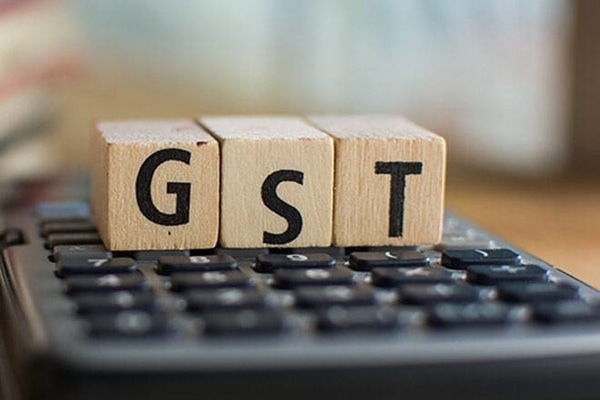Flipkart-90-Minute-Delivery: Flipkart said on Tuesday it plans to offer 90-minute deliveries for groceries and home accessories, as the Walmart-owned online retailer goes head to head with Amazon.com Inc in a key growth market for e-commerce. Flipkart said its hyperlocal service, dubbed Flipkart Quick, will also sell mobile phones and stationery items, taking it a step further than existing quick-delivery services which mainly offer just groceries. Flipkart Quick will debut in select locations in Bengaluru, the company said, without specifying a launch date.
With this launch, the company has also forayed into fresh fruits and vegetables, as well as meats and milk on its platform. These new business verticals will also be operated through partnerships, for instance, for fresh fruits and vegetables, the company has partnered with Ninjacart.
The move comes at a time when India’s e-commerce battle is being redrawn with Reliance JioMart’s plans to leverage its telecom reach to propel online commerce.
The online retailer has started a pilot in parts of Bengaluru where consumers can choose to order in the next 90 minutes or book a 2-hour slot starting with a minimum delivery fee of Rs 29. Shadowfax is the firm’s delivery partner, but over time, Flipkart plans to move to a hybrid model by leveraging Kirana stores as well as its own logistics arm Ekart to fulfill orders.
“This is a great model for India as households of all sizes are already used to their neighborhood Kirana stores. While we start with our dark store (no-walk-in) model, wherein we enable sellers to store inventory close to the consumer; this model has the potential of encouraging local entrepreneurship and enabling new business strategies and partnerships”, said Sandeep Karwa, Vice-President, Flipkart.











